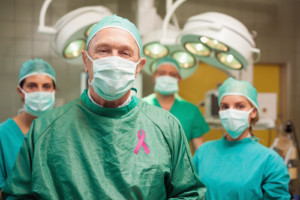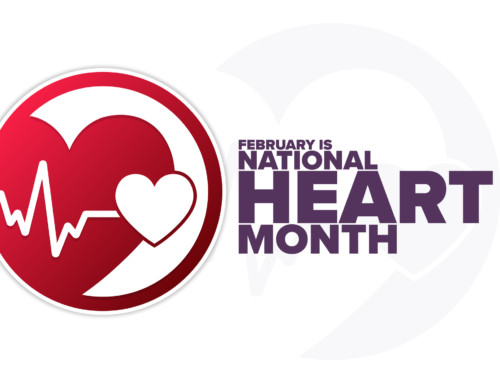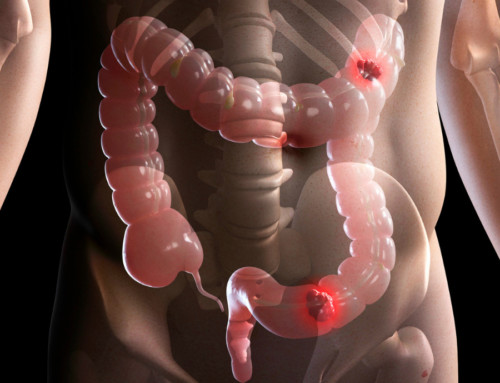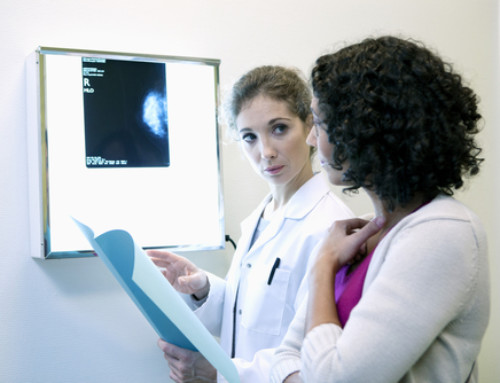 A breast cancer diagnosis is a life-altering event that can bring about a number of questions, worries, and fears. You may have a list of concerns you want to address with medical professionals, and your family and friends will also want to know what type of plan is in place for your treatment.
A breast cancer diagnosis is a life-altering event that can bring about a number of questions, worries, and fears. You may have a list of concerns you want to address with medical professionals, and your family and friends will also want to know what type of plan is in place for your treatment.
During such a stressful time, keeping track of all the healthcare professionals on your team can feel overwhelming. We hope this cancer-fighting team checklist will give you a better understanding of who plays what roles and how they’re working to serve you. No matter where you are in the process, you can use the following list to familiarize yourself with the medical staff members you might encounter.
A Dedicated Treatment Team
As a new patient at Tri-City Medical, you’ll be well-equipped with a team of doctors, specialists, nurses, and social workers. Tri-City has a reputation for catching breast cancer at an earlier stage than most hospitals, and we offer cutting-edge treatments within the San Diego area.
Although your team of providers will have a range of unique functions and skills, they’ll undoubtedly be united in their efforts to choose and implement the best treatment plan available for you.
Gynecologist or Family Care Physician
Although your regular gynecologist or family care physician may not be as directly involved in your specialized cancer treatment, it’s important to maintain an open dialogue with them. Because you could experience long-term side effects from treatments like chemotherapy, your primary care provider can be helpful in diagnosing and treating persistent problems. These doctors are often your first point of contact when you have any new concerns, whether that’s before or after receiving a cancer diagnosis.
Genetic Counselor or Specialist
As you begin to develop a clearer picture of the genetic factors influencing your breast cancer diagnosis, you may work with a genetic counselor or specialist. These individuals can help you understand the implications of mutations in BRCA genes, which may have an impact on breast cancer development and growth. Genetic specialists can also use lab testing and biological markers to predict how you might respond to various treatments.
Oncologist
The definition of an oncologist is “a doctor who specializes in diagnosing and treating cancer.” Many medical oncologists specialize in treating one particular type of cancer. Your oncologist is typically the doctor who decides on your treatment plan and organizes your care among other providers. You may find yourself working most closely with your oncologist as treatment progresses and as your plan changes based on your body’s response.
Radiologist or Radiation Oncologist
A radiologist is a doctor trained to read or interpret imaging studies, like CT scans or mammographies. While the radiologist may interpret various images during treatment to better inform your team, a radiation oncologist is the one who actually prescribes different radiation therapy during the course of treatment. As radiology can be an important component in shrinking cancerous tumors of the breast, these team members are critical to your ongoing care.
General Surgeon or Breast Surgeon
Depending on the type of breast cancer you’re diagnosed with, surgery may be a recommended first step. Breast surgeons specialize in operating on breast tissue, and they may be the individuals who are tasked with performing your initial biopsy or who end up surgically removing a cancerous tumor. Depending on the stage of your cancer upon diagnosis, you may have different surgical options available, including a lumpectomy or mastectomy.
Social Worker
While you may not expect to work with a dedicated social worker during your treatment, these licensed professionals are extremely helpful as you adjust to a new lifestyle. Social workers serve as patient advocates and can facilitate important conversations between a patient and his or her care team, family, and caregivers. Additionally, they can provide helpful referrals for ancillary services like spiritual care or nutritional consults.
Don’t Be Afraid to Ask Questions
As you continue along your breast cancer journey, know that it’s understandable to have questions and concerns. Whenever you’re feeling uncertain or want answers about your healthcare plan, don’t hesitate to reach out to your doctor or care team. Including your family, friends, or caregivers in on the conversation may help you feel more supported throughout your treatment journey.





